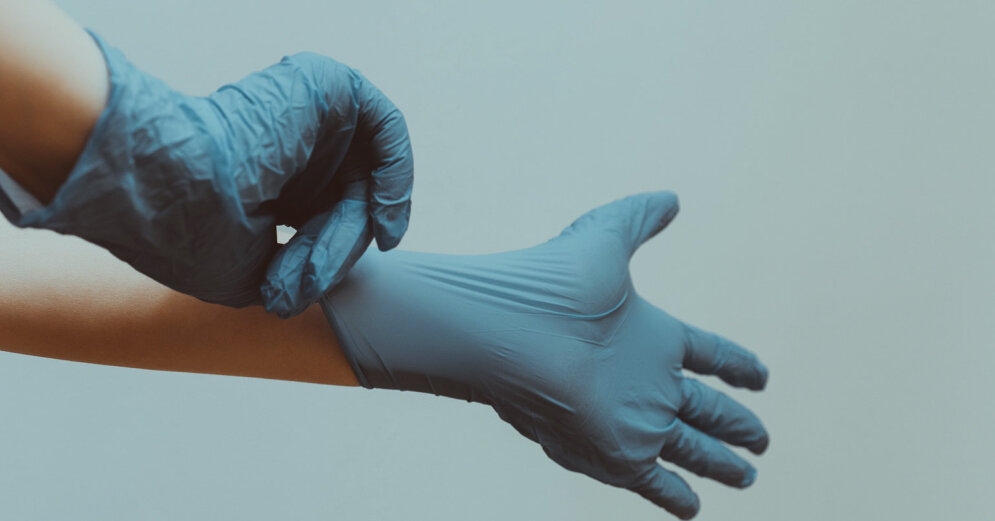Both family doctors work in a small town almost side by side. Anna works in one office and is a supporter of vaccination and tries to convince patients about it. In the adjacent office, patients are received by her colleague, who not only does not vaccinate, but still notices the mood towards it.
Anna’s colleague is not the only doctor who raises doubts about vaccination in patients. Creating a series of articles in which “Delfi” wrapped up the arguments of people waiting and rejecting the issue of vaccination, it was revealed that vaccination skeptics should not be sought only among patients – they can also be found among doctors. In addition, due to the authority given to the profession, their skepticism is particularly contagious, as their views tend to have a decisive influence on patients.
Do as you know!
Dace was advised not to be vaccinated by a family doctor, who, according to the woman, is in her respectable years and because of her great experience, Dace trusted her. Jānis is one of the technicians in a large medical institution, and one of the reasons why he has doubts about whether it is safe to get vaccinated is the rejection of several doctors in that institution. Marta is a young mother who wants to wait for a vaccination during breastfeeding, because, asking for advice from several doctors, she has encountered too different a position to feel safe about vaccination. Expectant mother Santa (name changed) did not receive clear support or denial from the gynecologist, so as a precaution, she also wants to wait. That’s part of the answers Delfi heard in conversations and correspondence with people who don’t want to be vaccinated yet.
Judging by the answers, it is the group of people who are expecting and new mothers, who especially often have to lead among the sometimes extremely opposite positions of specialists in making a decision. For example, the new mother’s Kristine’s family doctor did not object to her being vaccinated, but only recommended a specific type of vaccine that was more suitable for nursing mothers. However, when Kristīne had already gone to receive a vaccine at the clinic in Ādaži, her doctor accused her: “And your family doctor allowed you to get vaccinated?” When Kristine answered in the affirmative, she “turned her eyes” and said, “Well, well, do as you know!”
The other doctor, on the other hand, has given the opposite recommendation to another new mother Zane (name changed) – not to be vaccinated during the child’s feeding period. The young woman also has a doctor who is intensively publishing anti-vaccination posts on social media. Although the specialty of this doctor does not expose in-depth knowledge of immunology issues, but the mere fact that such an opinion is expressed by a doctor is enough to deepen doubts. Embarrassed, Zane also interviewed other doctors she knew – her midwife, gynecologist and the baby’s family doctor. The most convinced of the vaccination was the gynecologist, on whose opinion Zane also relied the most, but when going to get vaccinated, she was still worried – if she would harm the child with this step. A certain dose of fear sown by the rejecting doctors still remained in him.
Rebellion: this issue is serious
“I come into contact with it often,” said infectologist Uga Dumpis, who often asks Covid-19 patients who have been hospitalized why they haven’t been vaccinated yet, and often gets an answer – not recommended by a doctor. “This issue is serious,” Dumpis admits. His colleague Pauls Stradiņš Clinical University Hospital Kārlis Rācenis also admits that he has experienced such situations.
–


